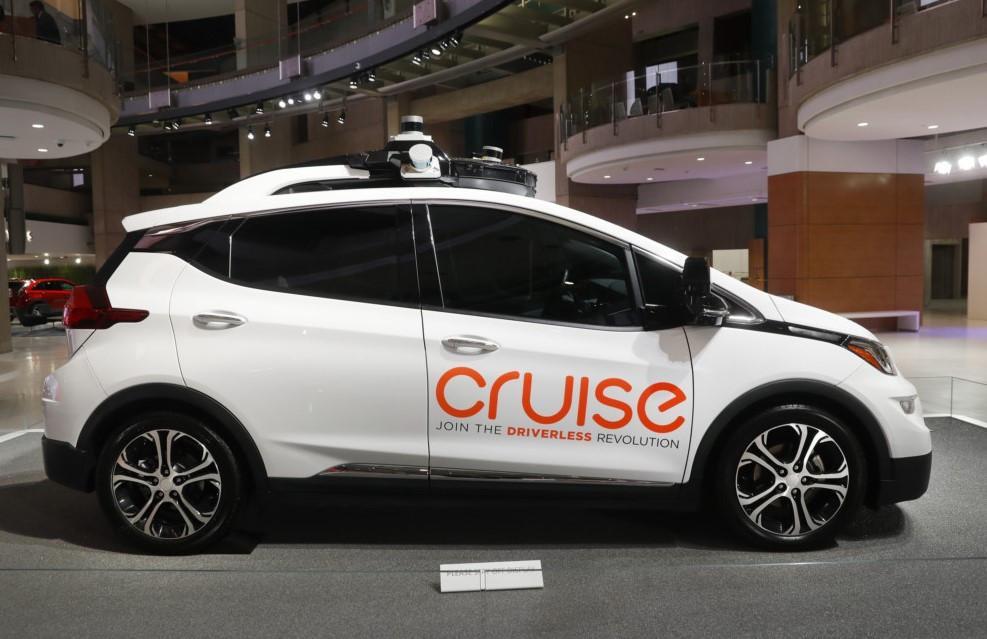
California regulators on Thursday gave a robotic taxi service the green light to begin charging passengers for driverless rides in San Francisco, a first in a state where dozens of companies have been trying to train vehicles to steer themselves on increasingly congested roads.
The California Public Utilities Commission unanimously granted Cruise, a company controlled by automaker General Motors, approval to launch its driverless ride-hailing service. The regulators issued the permit despite safety concerns arising from Cruise’s inability to pick up and drop off passengers at the curb in its autonomous taxis, requiring the vehicles to double park in traffic lanes.
The ride-hailing service initially will consist of just 30 electric vehicles confined to transporting passengers in less congested parts of San Francisco from 10 p.m. to 6 a.m. Those restrictions are designed to minimize chances of the robotic taxis causing property damage, injuries or death if something goes awry. It will also allow regulators to assess how the technology works before permitting the service to expand.
Cruise and another robotic car pioneer, Waymo, already have been charging passengers for rides in parts of San Francisco in autonomous vehicles with a back-up human driver present to take control if something goes wrong with the technology.
But now Cruise has been cleared to charge for rides in vehicles that will have no other people in them besides the passengers, an ambition that a wide variety of technology companies and traditional automakers have been pursuing for more than a decade. The driverless vehicles have been hailed as a way to make taxi rides less expensive while reducing the traffic accidents and deaths caused by reckless human drivers.